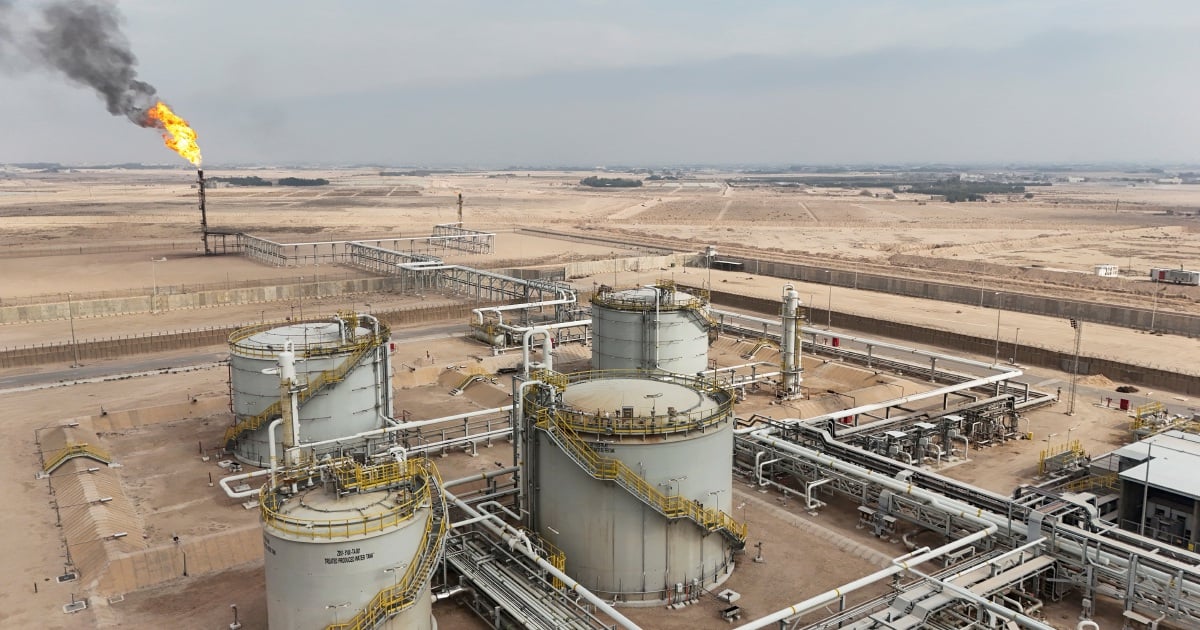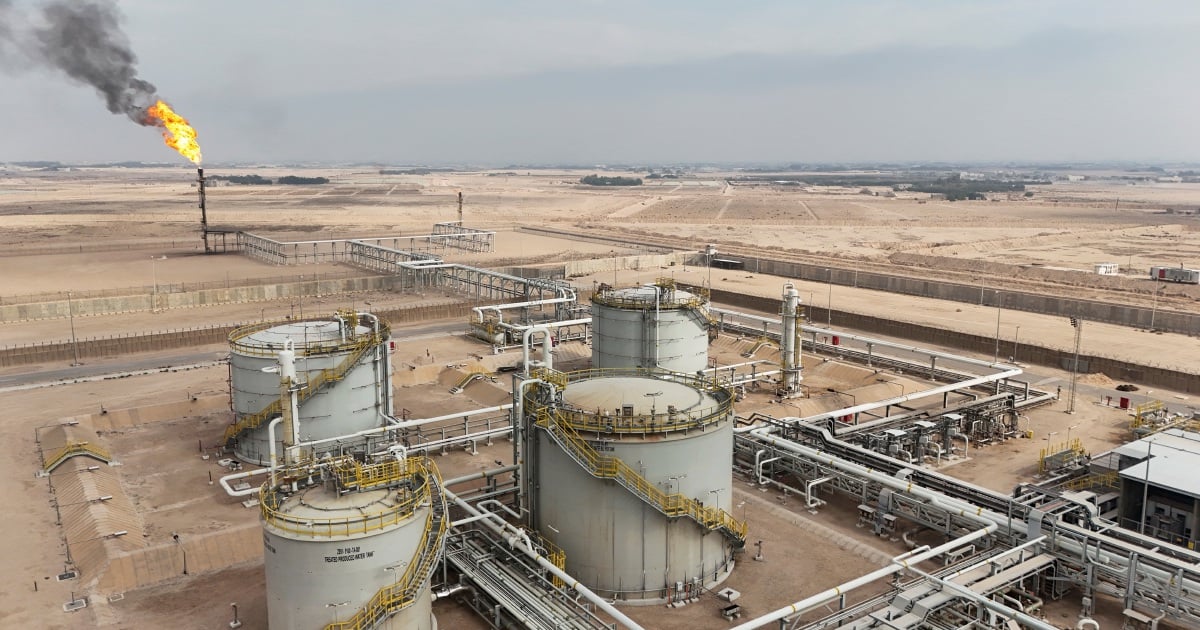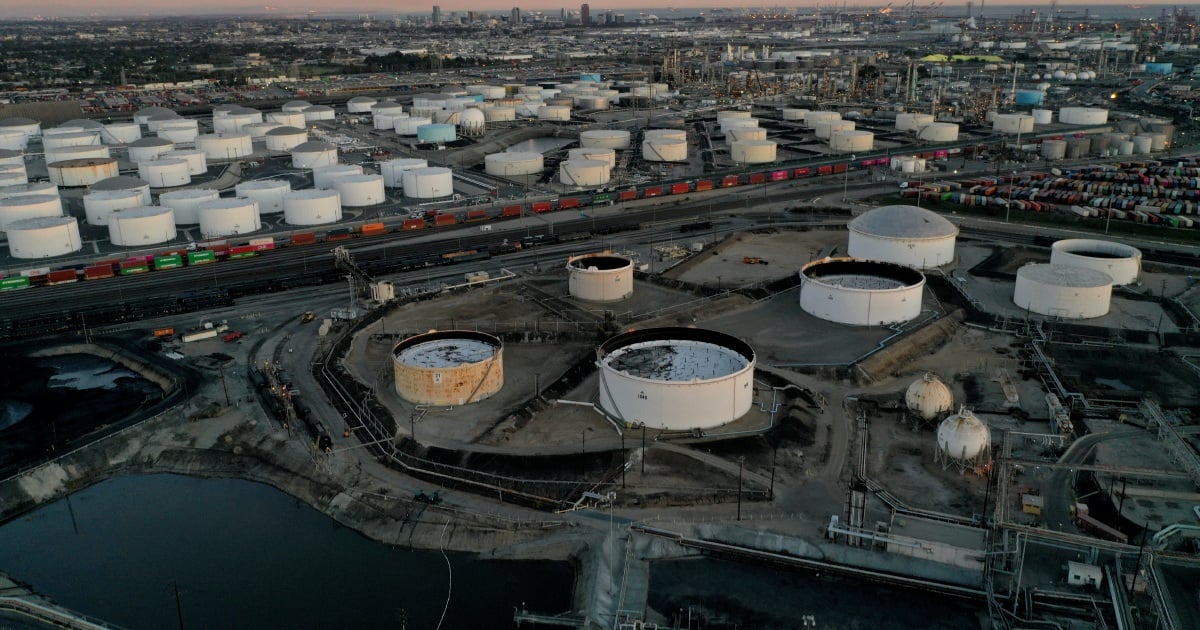




As of February 6, 2025, crude oil prices are bracing for volatility following President Donald Trump's recent policy announcements regarding tariffs and sanctions. Currently, Brent crude is trading below $76 per barrel, reflecting a decline of over 7% from a year-to-date high of $82 per barrel on January 15, 2025 [8135f634]. This downturn comes despite a recent announcement to lower tariffs on Canadian oil from 25% to 10%, effective February 18, 2025. This decision initially led to a brief uptick in prices, with Brent crude futures rising by 54 cents to $76.54 per barrel [264fb91d].
The fluctuations in oil prices are largely attributed to Trump's broader trade policies, which include a memorandum to restore sanctions against Iran and the announcement of 25% tariffs on imports from Mexico and Canada, alongside 10% tariffs on China. However, on February 3, 2025, Trump suspended these tariffs on Mexico and Canada for one month pending further negotiations, which adds another layer of uncertainty to the market [8135f634].
Earlier in January, oil prices had fallen about 2% due to concerns over energy demand stemming from China's DeepSeek AI model, which is expected to lead to reduced energy consumption forecasts [af423e5c]. Despite the recent tariff adjustments, BMI predicts that the overall impact on oil prices is likely to be bearish, primarily due to potential negative effects on the global economy [8135f634].
In addition to the tariff changes, Canadian Prime Minister Justin Trudeau has warned of immediate and forceful responses to U.S. tariffs, indicating potential geopolitical tensions that could further complicate the market [264fb91d]. As the month progresses, Brent is set to gain 3.6%, marking its best month since June, while WTI is expected to increase by 2% [fa2d2e14].
Concerns about weaker demand persist, particularly due to soft economic data from China, where manufacturing activity contracted unexpectedly in January [6badba3d]. Furthermore, warmer weather has affected heating fuel demand, capping potential gains in oil prices [6badba3d].
Additionally, Libya's oil exports were briefly threatened by local protests but have since resumed following negotiations, adding another layer of complexity to the global oil market [6badba3d]. The U.S. Energy Information Administration (EIA) reported a rise in crude stocks by 3.5 million barrels last week due to lower refinery output, which could influence market sentiment [264fb91d].
As the market navigates these challenges, experts suggest that the interplay of U.S. energy policies, geopolitical tensions, and global demand forecasts will continue to shape oil price trajectories in the near future, especially with the upcoming OPEC+ meeting scheduled for February 5, 2025, where no output changes are expected despite Trump's urging to lower prices [264fb91d].